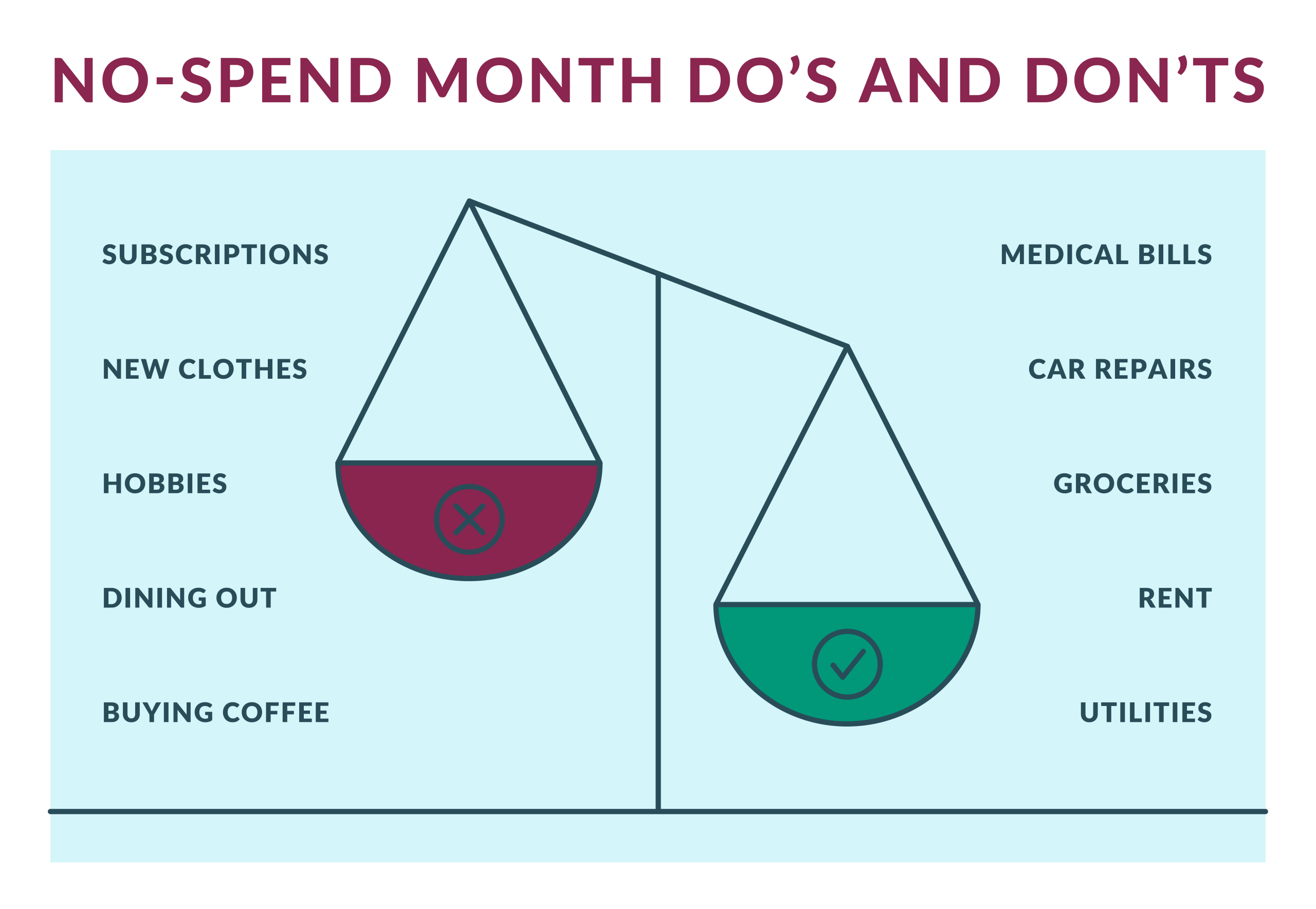Anúncios
Knowing how to improve your credit score for a mortgage is essential to increase your chances of approval and secure better financing conditions.
Buying a home is one of the biggest dreams for many people, but obtaining a mortgage loan is challenging, especially if your credit score does not meet the required standards.
Let’s explore why credit scores are important, how they are calculated, the minimum requirements for different types of loans, and practical strategies to improve your credit.
Why Are Credit Scores Important for Buying a Home?
In the United States, credit scores are one of the main factors considered by lenders when evaluating your eligibility for a mortgage.
This is because the score reflects your financial history and ability to manage debt.
A good score not only increases your chances of approval but also can secure lower interest rates, saving you thousands of dollars over the loan term.
Having a low credit score can limit your financing options, leading to higher interest rates or even loan denial.
Therefore, understanding how to improve your credit score for a mortgage is crucial on the journey to homeownership.
What Factors Determine Credit Scores?
Your credit score in the U.S. is typically calculated by FICO or VantageScore models, which consider the following factors:
- Payment History (35% of the score): Paying your bills on time is the main factor in building credit. Late payments can significantly lower your score.
- Credit Utilization Ratio (30%): This is the percentage of total credit limits you are using. It is recommended to keep utilization below 30%.
- Length of Credit History (15%): Older accounts contribute positively by showing consistency in financial management.
- New Accounts (10%): Opening many accounts in a short period can indicate risk to lenders.
- Credit Mix (10%): Having different types of credit, such as credit cards and loans, can benefit your score.
What Credit Score Is Required for a Mortgage?
Minimum credit scores vary depending on the type of loan. That’s why we’ve detailed the scores for the main loans for you. Check it out!
Conventional Loan
- Minimum score: 620.
This type of loan is not government-backed, making it a more common option for those with a solid credit history.
With a score above 620, you can access better interest rates, reducing long-term costs.
It is suitable for people with moderate to high credit who want a flexible solution and have no difficulty meeting approval criteria.
Jumbo Loans
- Minimum score: 700–740.
These loans are designed to finance properties exceeding the limits of conventional loans, known as “conforming limits.”
As the amount involved is higher, lenders require a high score to mitigate risk.
It is ideal for buyers of high-value properties who have excellent credit and a reliable financial history.
VA Loans
- Minimum score: Generally 580–620.
Exclusive to veterans, active-duty service members, and their families, this loan offers benefits such as lower interest rates and no down payment in some cases.
Although the VA does not stipulate a minimum score, lenders usually apply their own criteria.
It is intended for military personnel and veterans with limited or moderate credit seeking affordable conditions.
FHA Loans
- Minimum score: 500 (with a 10% down payment) or 580 (with a 3.5% down payment).
The FHA (Federal Housing Administration) is designed to help first-time buyers or those with low credit to acquire homes. Its flexible down payment requirements make it a popular choice.
It is aimed at those with limited credit history or recovering from financial difficulties.
USDA Loans
- Minimum score: 640.
Offered by the U.S. Department of Agriculture, this loan is intended for buyers in rural or suburban areas. Additionally, it combines competitive interest rates with flexible requirements.
It is suitable for buyers looking to purchase properties in eligible regions, with moderate credit and limited income.
How to Improve Your Credit Score for a Mortgage?
If you’re asking, “How can I quickly increase my credit score to buy a home?” the practical strategies below can help.
Check Your Credit Score and Report
The first step in this process is to check your credit score and carefully review your reports from the three major credit bureaus: Equifax, Experian, and TransUnion. You can easily request them through the AnnualCreditReport.com website.
Detailed analysis of these documents helps identify problem areas, such as late payments, outstanding debts, and any inconsistencies. You may even find registration errors that could harm your score.
Dispute Possible Errors
Errors in credit reports are more common than you might think and can negatively impact your score.
If you find inconsistencies, such as accounts marked as overdue despite being paid, or duplicate information, it is essential to dispute them directly with the responsible bureau.
To do so, submit a formal dispute with the necessary evidence, such as proof of payment.
Correcting these errors can result in a significant score increase in a short period, improving your mortgage eligibility.
Keep Bills Paid on Time
Paying all your bills on time is one of the most impactful factors in the FICO score calculation, representing about 35% of the total.
For example, late payments can quickly drop your score, while a consistent history of punctuality builds trust with lenders.
To avoid delays, set up automatic payments for recurring expenses, such as credit cards and loans. This practice not only prevents oversights but also creates a solid financial history over time.
Avoid Applying for New Accounts
Another important measure is to avoid opening new credit accounts while working to improve your score.
Remember that each credit application generates a “hard inquiry”, which can temporarily reduce your score.
Therefore, focus on managing your existing accounts well and avoid new credit lines unless consolidating debt is a beneficial strategy. If you choose consolidation, limit applications to a single institution to minimize the score impact.
Improve Credit Utilization Ratio
Finally, one of the most effective ways to improve your score is to manage your credit utilization ratio, which is the proportion of your total credit card balances to the available limits.
Ideally, this ratio should be kept below 30%.
To reduce utilization, prioritize paying off existing debts, request a credit limit increase (as long as you don’t use the additional amount for new expenses), and distribute your expenses across different cards, avoiding overloading a single limit.
In other words, demonstrating responsible credit use is a positive signal to lenders, contributing to a gradual score increase.
What Other Factors Do Mortgage Lenders Consider?
In addition to the credit score, lenders analyze other aspects of your financial profile, such as:
- Monthly Income: Your ability to pay the mortgage based on current income.
- Debt-to-Income Ratio (DTI): The percentage of your income allocated to debt payments. Ideally, it should be below 43%.
- Employment History: Consistency in employment is an indicator of financial stability.
- Down Payment: A larger down payment can offset a lower credit score.
- Savings and Assets: Emergency funds or investments demonstrate financial solidity.
Knowing how to improve your credit score for a mortgage is very important to achieve the dream of homeownership.
By applying the tips above and maintaining good financial practices, you can not only qualify for financing but also negotiate better terms and interest rates.
Start building your credit today and get ready to achieve this great goal! For more information on real estate, mortgages, and finances, keep browsing our site.
Take advantage and read more about the annual credit report and how to get yours!






